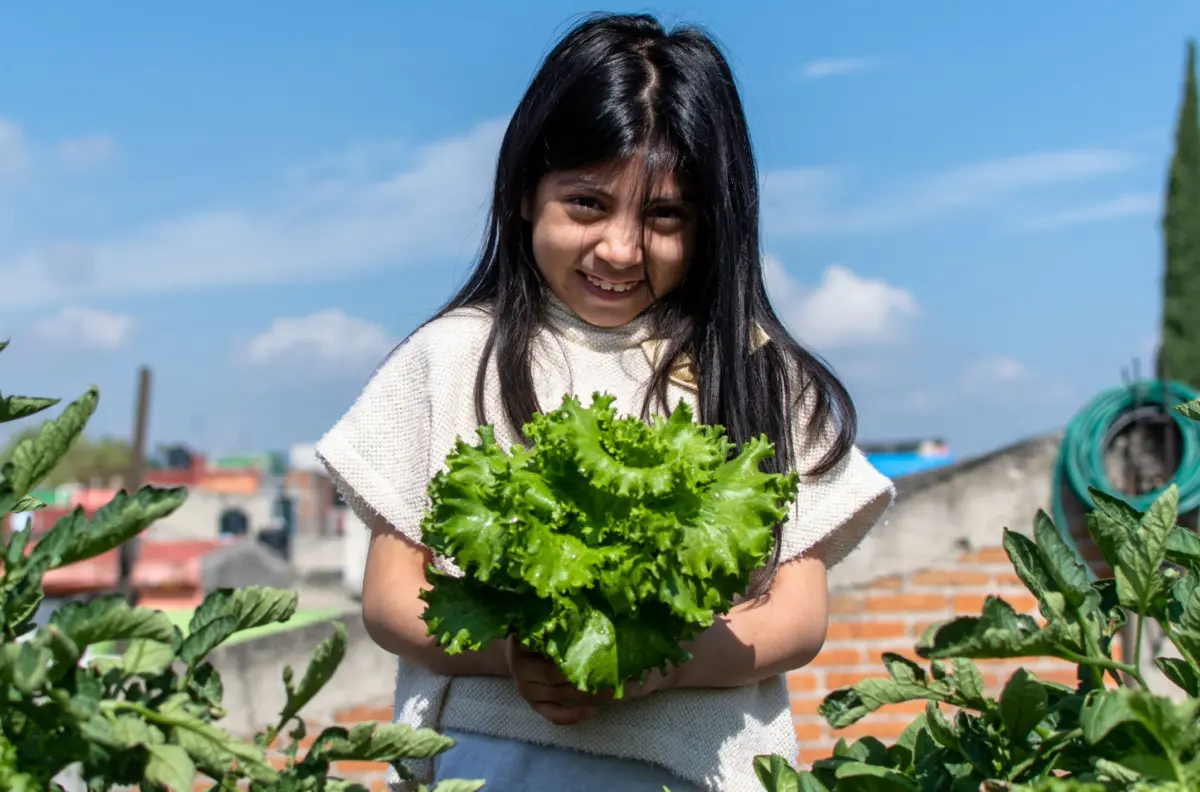Research shows school meals help kids grow up healthy
Recommendations for Improving Access to Healthy School Meals and Snacks
- USDA should support states in using existing waivers to serve free meals to all students through the end of FY 2021, as recently authorized by Congress.
- USDA should reconsider the rule it proposed in January 2020 that would weaken school nutrition standards and adversely affect student health and academic performance.
- Maintain nutrition standards for school meals that were in effect prior to USDA’s final rule from December 2018 (for whole grains/sodium/milk), and current nutrition standards for school snacks.
- Continue to implement and expand the Community Eligibility Provision that allows schools in high-poverty areas to serve free meals to all students, regardless of family income.
- States should implement nutrition standards that strengthen the federal standards.
- USDA should expand guidance and technical assistance to support schools in meeting updated nutrition standards and managing new school kitchen equipment.
Learn more about school meals.
Research shows WIC help mothers afford healthy foods for their babies
Recommendations for Strengthening WIC
In response to the pandemic:
- USDA and Congress should ensure that the relevant waivers remain in place for as long as needed and that states and WIC offices have the technical support they need to continue to serve families.
Longer term:
- Congress should increase WIC funding to extend eligibility to postpartum mothers through the first two years after the birth of a baby, and to children through the age of 6 to align with participation in school meal programs, and should enable infants and children to participate for two years before having to reapply.
- Policymakers should work to increase racial equity in WIC participation, including making WIC packages more culturally inclusive, providing targeted support based on health disparities, and providing breastfeeding support that is inclusive and relevant for women of color who participate in WIC.
- Congress should fund the WIC Breastfeeding Peer Counseling Program at its full authorized amount of $90 million to ensure mothers have access to critical supports.
- Congress should continue to support and fund efforts to streamline and modernize WIC services through technology, including achieving the Congressional mandate for all states to achieve WIC Electronic Benefit Transfer (EBT).
- USDA is required by Congress to update the WIC food package every 10 years. As it does so, USDA should ensure that the process is grounded in the latest, most sound nutritional science.
- The Centers for Medicare and Medicaid Services should continue to support and reimburse WIC for its role in lead screening.


